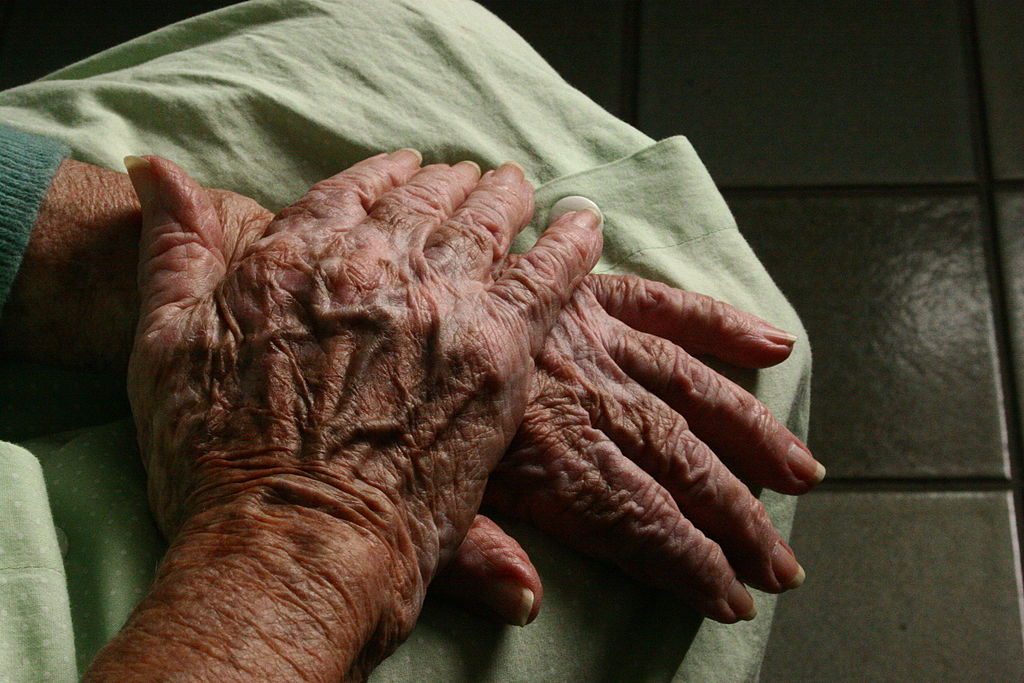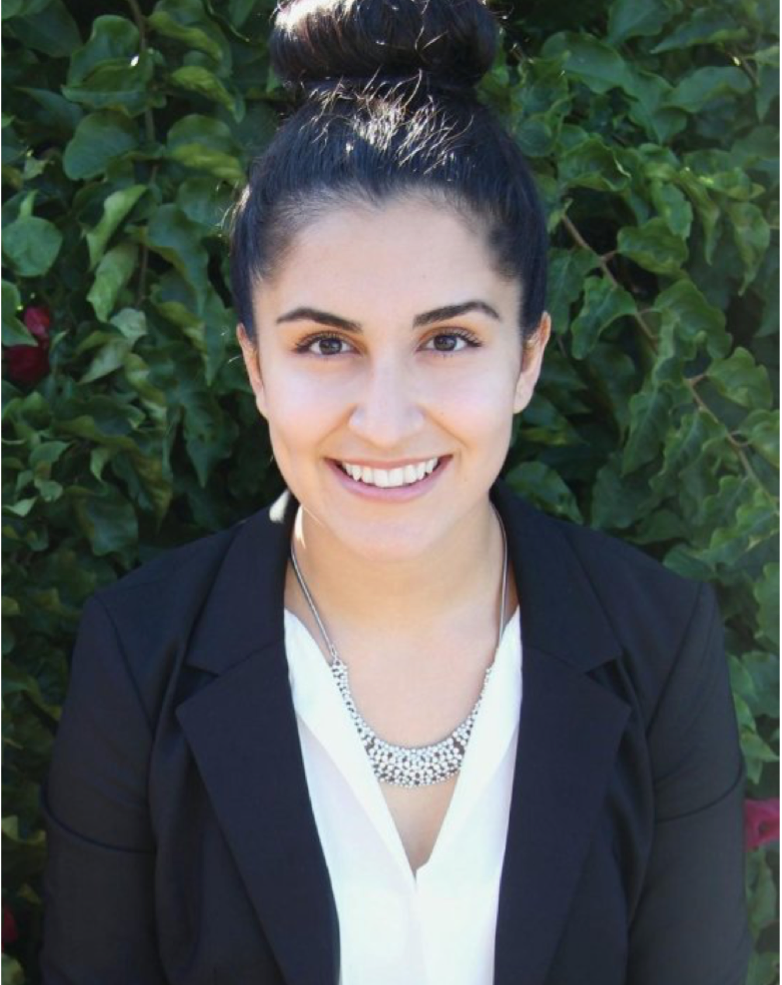
A new study led by Sahba Seddighi suggests cancer survivors whose cancer has a genetic cause have a lower risk of developing Alzheimer's disease.
We found that cancer is associated with lower odds of Alzheimer’s disease and that smoking-related cancers are more strongly associated with Alzheimer’s disease than non-smoking related cancers.
Sahba Seddighi
A Gates Cambridge Scholar has published a paper which takes a genetic approach to studying the inverse relationship between Alzheimers's disease and cancer.
Sahba Seddighi [2017] is lead author of the paper, Evidence of a Causal Association Between Cancer and Alzheimer’s Disease: a Mendelian Randomization Analysis, published in Nature last week.
There is limited evidence that cancer survivors have a decreased risk of developing Alzheimer's and vice versa. The study uses a Mendelian randomisation approach to look at potential causal links. The MR approach aims to reduce bias and confusion from reverse causality.
It compares the risk of developing cancers, including genetically predicted lung cancer, leukaemia and breast cancer, and the odds of developing Alzheimer's given these genetic variants. It finds lower odds of developing Alzheimer's, particularly for genetically predicted lung cancer where there was a 9% lower risk of developing Alzheimer's. Across all cancers, there was a 2.5% lower risk of developing Alzheimer's among cancer survivors, with genetically predicted smoking-related cancers having the most significant variation in risk at 9%.
The paper is based on Sahba's MPhil thesis in Epidemiology which she completed at the University of Cambridge.
Sahba, who was editor of The Scholar magazine during her time at the University of Cambridge, is currently an MD-PhD candidate at Johns Hopkins University in the US and is a member of the Alzheimer's Congressional Team in the US which advocates for public policy related to Alzheimer’s disease.
She says: "While cancer and Alzheimer’s disease are both associated with aging, a growing body of evidence from observational studies suggests an unusual epidemiological association between these disorders, in that those who are diagnosed with cancer are less likely to develop Alzheimer’s disease, and vice versa. However, the interpretation of these results has thus far been limited by possible biases and confounding factors. For example, patients with cancer may not live long enough to develop Alzheimer’s disease, and the diagnosis of one serious condition could mask the diagnosis of the other.
"Using a genetic approach, we took previously identified cancer-associated genetic variants in 54,162 individuals to determine the nature of association between cancer and risk of Alzheimer’s disease. We found that cancer is associated with lower odds of Alzheimer’s disease and that smoking-related cancers are more strongly associated with Alzheimer’s disease than non-smoking related cancers. These findings add to the substantial evidence base showing an inverse association between cancer and Alzheimer’s disease, by suggesting that the relationship is causal. Our results offer novel possibilities for targetable pathways in Alzheimer’s disease – which remains without a cure, despite a rapidly growing aging population – and call for a deeper understanding of the underlying mechanisms behind this relationship."
*Picture credit: Wikimedia commons. Vo by marina guimarães from Brasília, Brasil.

Sahba Seddighi
- Alumni
- Iran, Islamic Republic of
- 2017 MPhil Epidemiology
- King's College
As an undergraduate at the University of Tennessee, I completed a self-designed course of study in Neuroplasticity and Neurodegenerative Disorders, drawing upon insights from numerous disciplines to better understand mechanisms of resilience in the nervous system during aging and disease. Through exposures in the laboratory, clinic, and community, I became increasingly interested in factors that influence vulnerability to age and disease- associated cognitive decline, particularly in the context of Alzheimer’s disease. Since graduating, I have continued to pursue this line of research at the NIH National Institute on Aging, where I am using data from large-scale, longitudinal studies of aging to identify novel risk factors and biomarkers of preclinical Alzheimer’s disease. At the University of Cambridge, I will complete an MPhil in Epidemiology to gain a strong foundation in epidemiological concepts, data appraisal, and biostatistics and will apply this knowledge in the context of population-based studies to better characterize the preclinical phase of Alzheimer’s disease. I hope this research will ultimately lead to the development of more accurate diagnostic and prognostic tools, as well as novel targets for disease-modifying interventions to help alter the trajectory of this growing global health concern.
Previous Education
University of Tennessee, Knoxville












